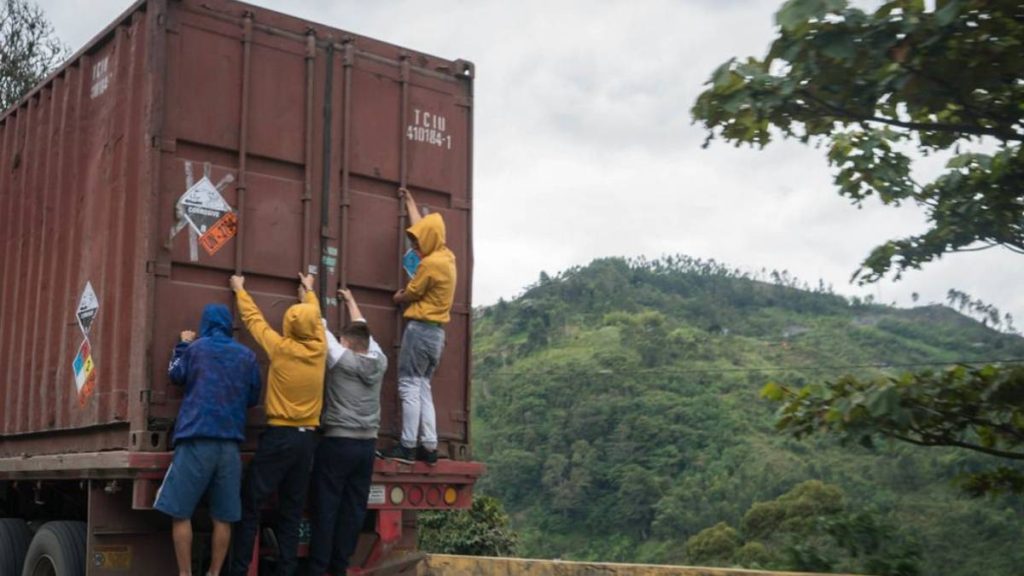Someone once quipped that “the grass is greener on the side with more bullshit.” Unfortunately, many migrants never agree with such pessimistic outlooks until they experience it firsthand.
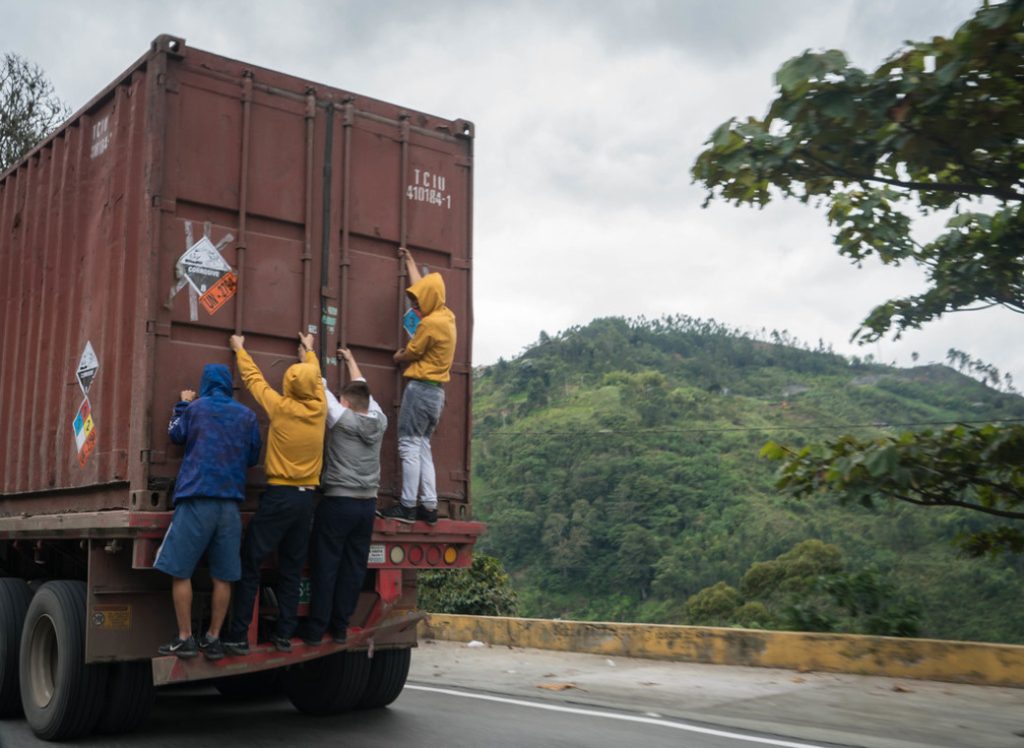
For example, some of the Venezuelan migrants who braved the thousand-mile trek to the United States are seriously considering a homeward return.
Venezuela V. Chicago
A certain Venezuelan migrant, Michael Castejon, claims to have had a grueling experience so far. Perhaps Castejon would have endured if he was alone.
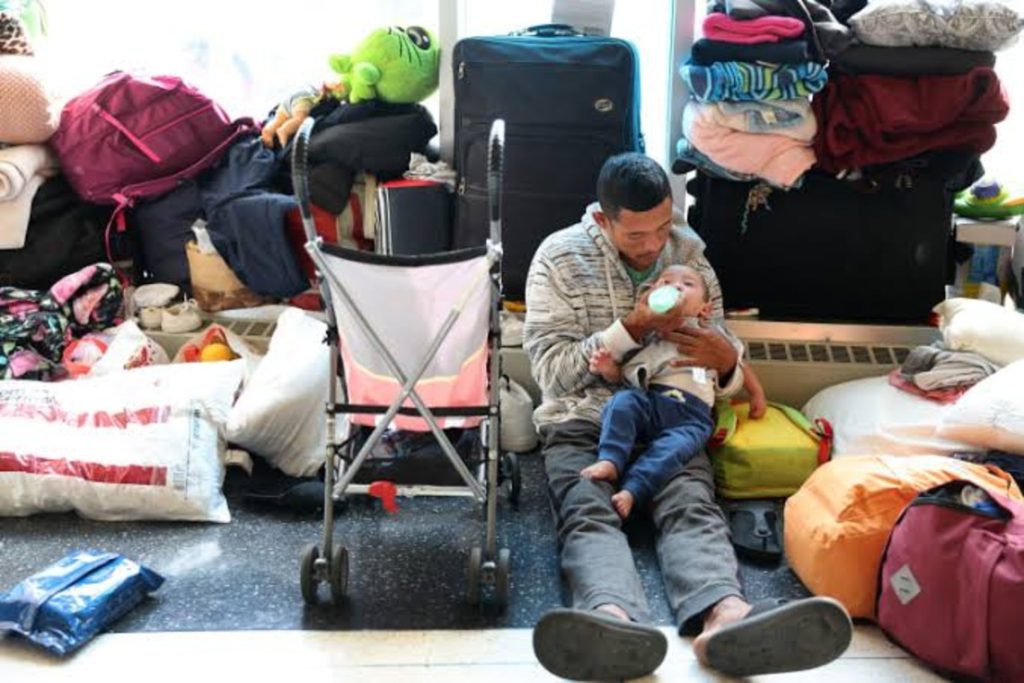
However, he is with his wife and daughter, floating around in Chicago’s cold and windy streets. Finally, they decided to end their five months of uncertain living.
The Average Man Dislikes Being Dependent
Some of Castejon’s compatriots may think he’s soft, but everyone has their peculiar breaking point. Without a job for the past five months and being unable to enroll his daughter in a local school, Castejo, like many other migrant families, has lived off handouts.
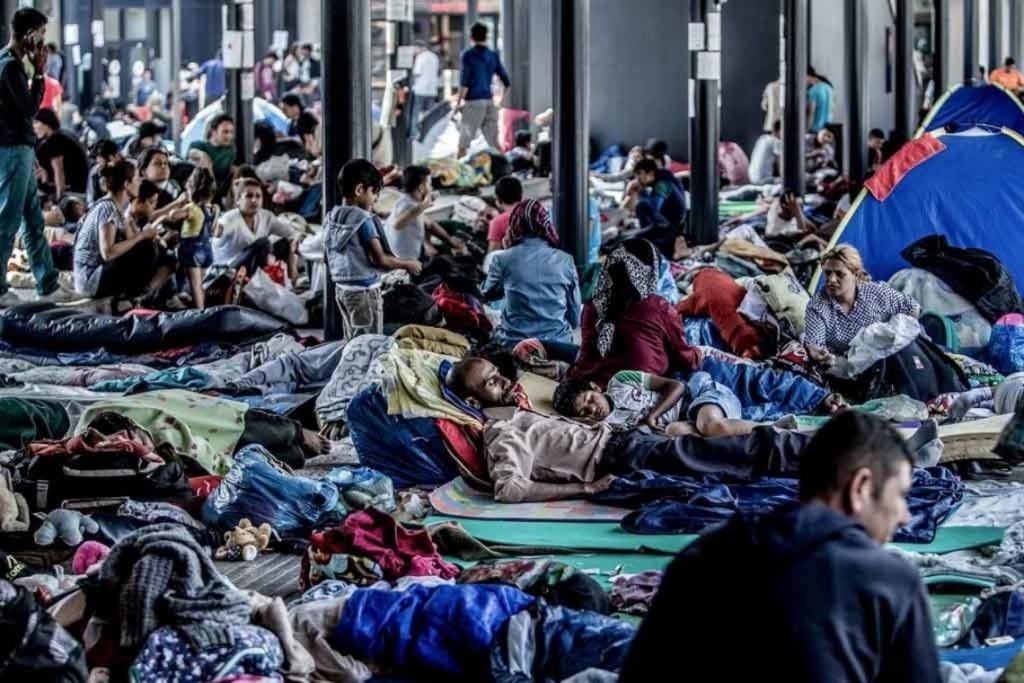
The migrant shelters dotting Chicago and other cities of Illinois are testaments of the ballooning migrant population.
It Could Have Been Better
Someone like Castejo would rather sleep on the streets of his home country than constitute a nuisance on the streets of Chicago.
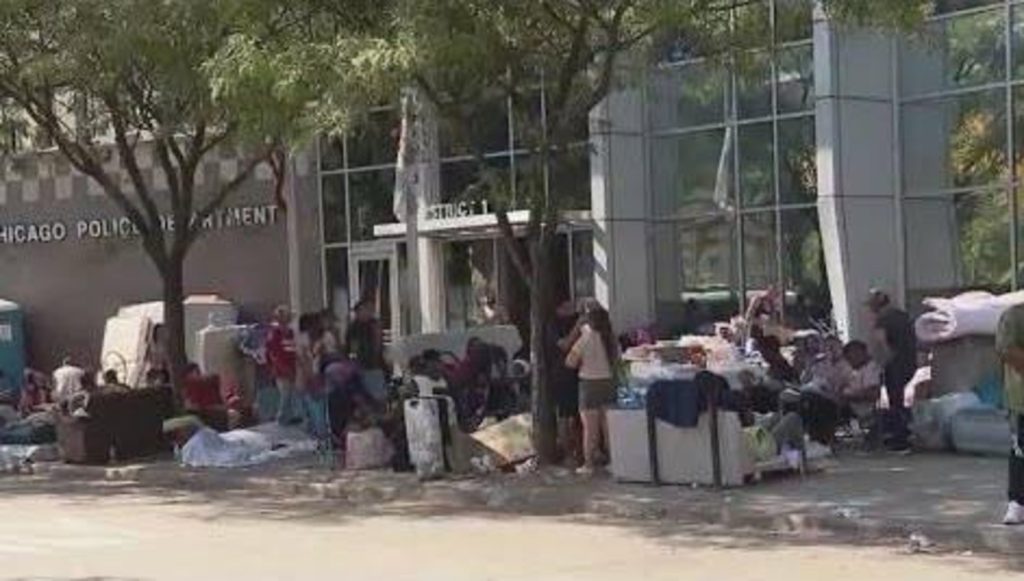
It turns out that the migrant situation is not peculiar to Chicago but quite prominent there. Public records indicate that some 20,000 have entered Chicago since 2022 with the hope of seeking asylum.
Chicago, City of Dreams?
When interviewed, some of Chicago’s migrant population recount how they were told that the state is wide open. Also, many assumed the odds of being granted asylum and getting a job are high.

So, after taking a quick look at the US map, many of the migrants took a blind plunge in Chicago. However, the grass is less green than they expected it to be.
A Way Out of Oblivion
Soon, a Catholic charity that has been helping migrants in the little ways they could came up with an initiative. For families who are financially stuck but wish to return home, the charity offered to pay for their one-way ticket to Texas.
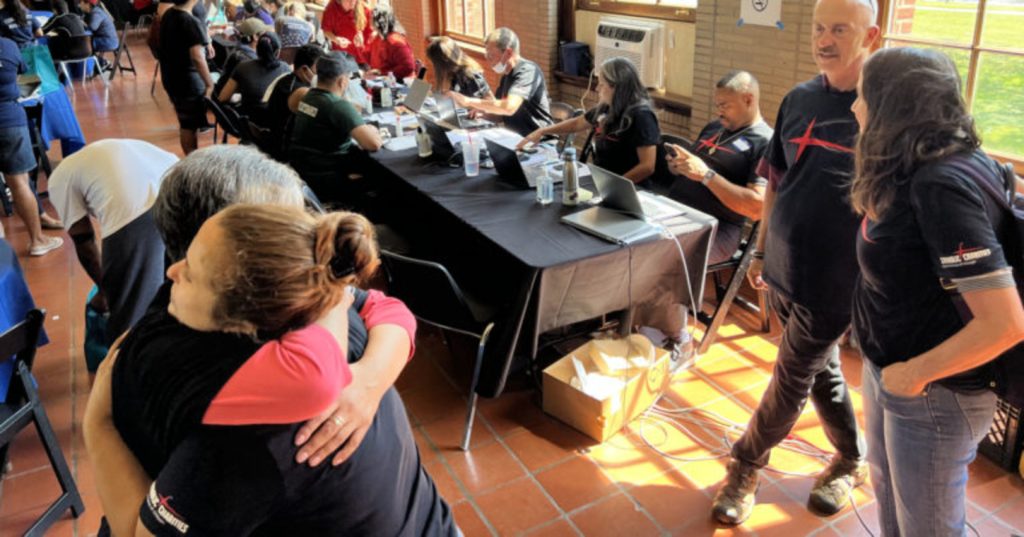
From there, many of these families will find their way back home. So, Castejon joined the queue and was able to obtain the ticket for his family.
Hello, Goodbye
The ‘American Dream’ illusion of most migrants in Chicago has received a significant beating from the recent cold and windy nights.
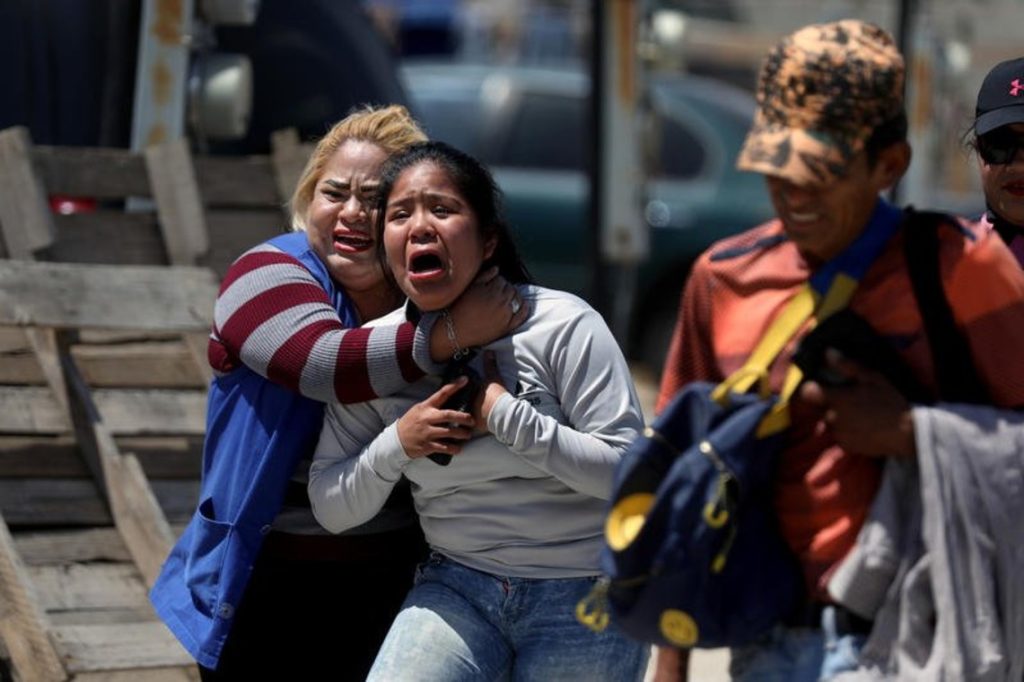
However, beyond the frostbites, hunger pangs, and lack of gainful employment, many of them are learning to endure the pain of saying goodbye. In the period of seeking asylum, many have struck up friendships with fellow migrants.
Dead Weight Hanging from a Thin Line
While it may be true that Chicago grants asylum to migrants, its process is obviously much slower than it was about 16 months ago.
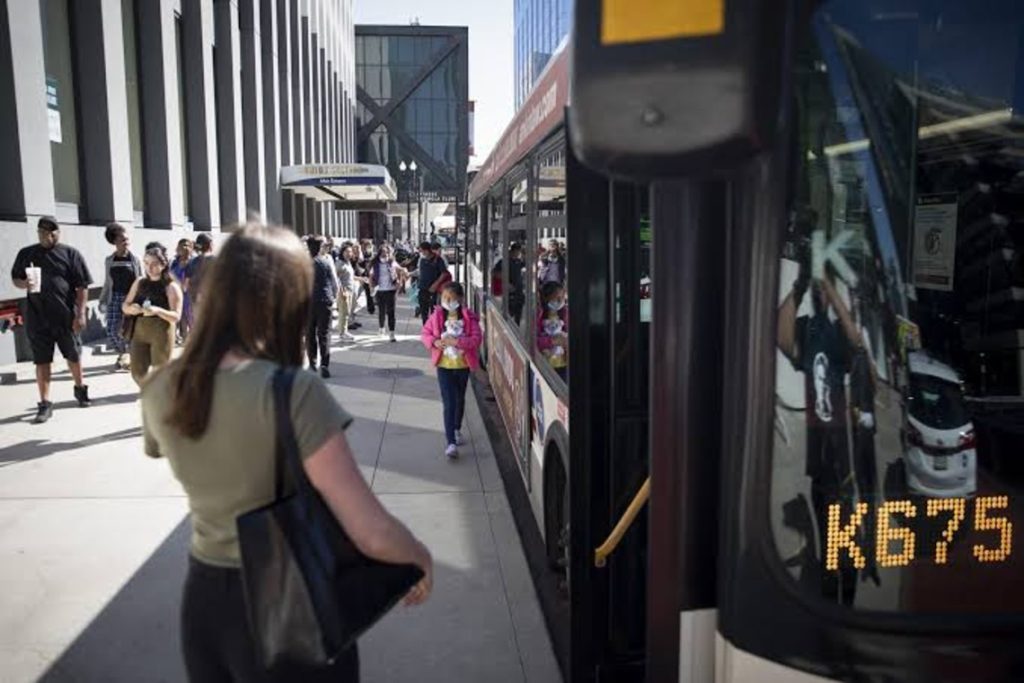
Ever since the influx of migrants to the state experienced a boom, the asylum registration system became overburdened and inefficient. The state’s resources become strained, and keeping everyone becomes unrealistic.
There’s More to a House than the Facade
So, many of the newly arrived migrants are seeing the realities of asylum-seeking in Chicago. It is now evident to them that there are more mouths to feed with the available morsels.
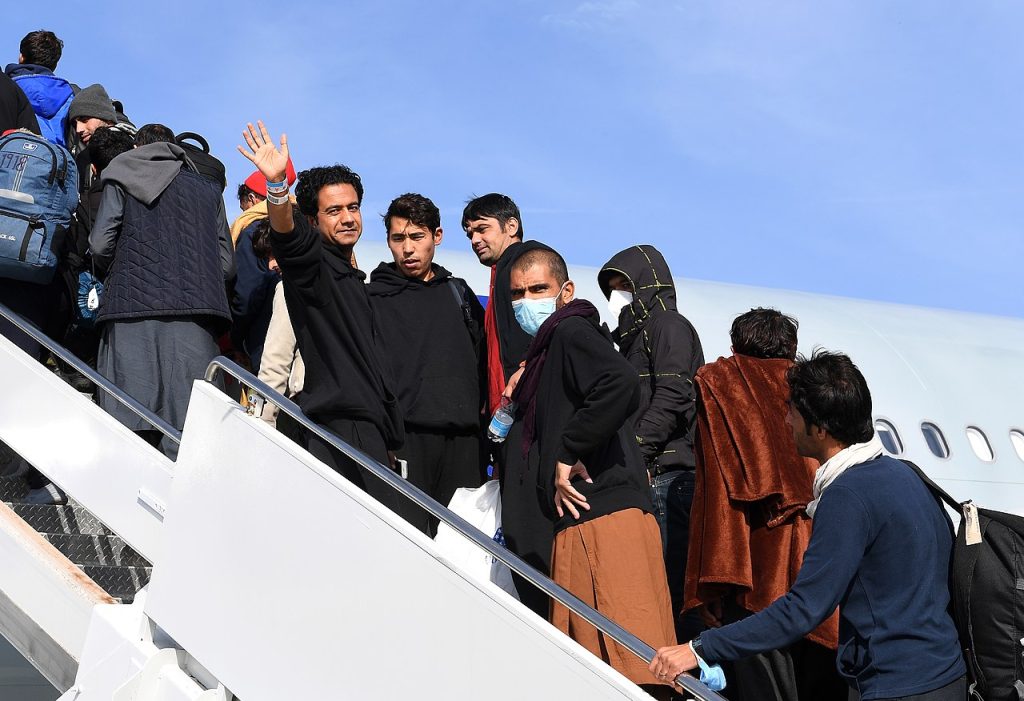
Likewise, many of these migrants are getting hold of themselves. Rather than loaf around on the streets of Chicago, they have, in self-respect for their own humanity, decided to return home.
Waiting for the Silver Lining at Home
Similar to the Costejo family, 22-year-old Jose Nuah also opted for the free flight to Texas. After sleeping in a police station for two straight weeks, Nuah eventually decided to return home.
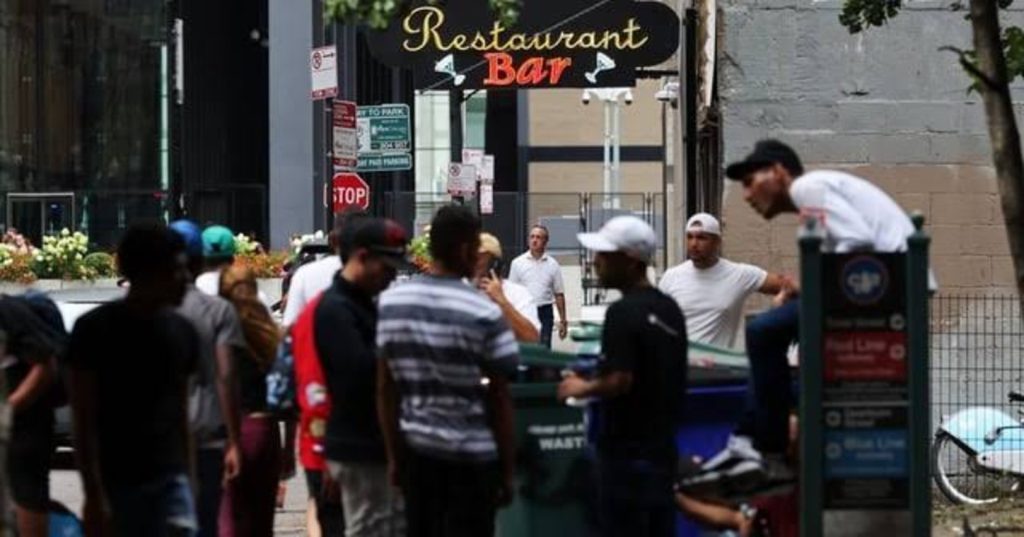
According to Nuah, it is better to get by at home than to constitute a nuisance in no man’s land. It is pointless waiting for a mirage that never materializes.
A SOS, in a Harsh Tone
In October, Illinois’ democrat governor, J.B. Pritzker, wrote an open letter to President Biden. In the letter, Governor Pritzker pointed out the laxity of the Federal government.

According to Pritzker, he expected the Federal government to provide palliatives to help Illinois weather its asylum seekers crisis. A little financial injection from the government may help Chicago ride out the wave.
Dwarfed Resources of Illinois
Being a sanctuary city, Chicago refuses to turn away asylum seekers streaming into its borders. Resources are wearing thin; the state of Illinois is trying its best to provide for migrants, coupled with contributions from corporate bodies.
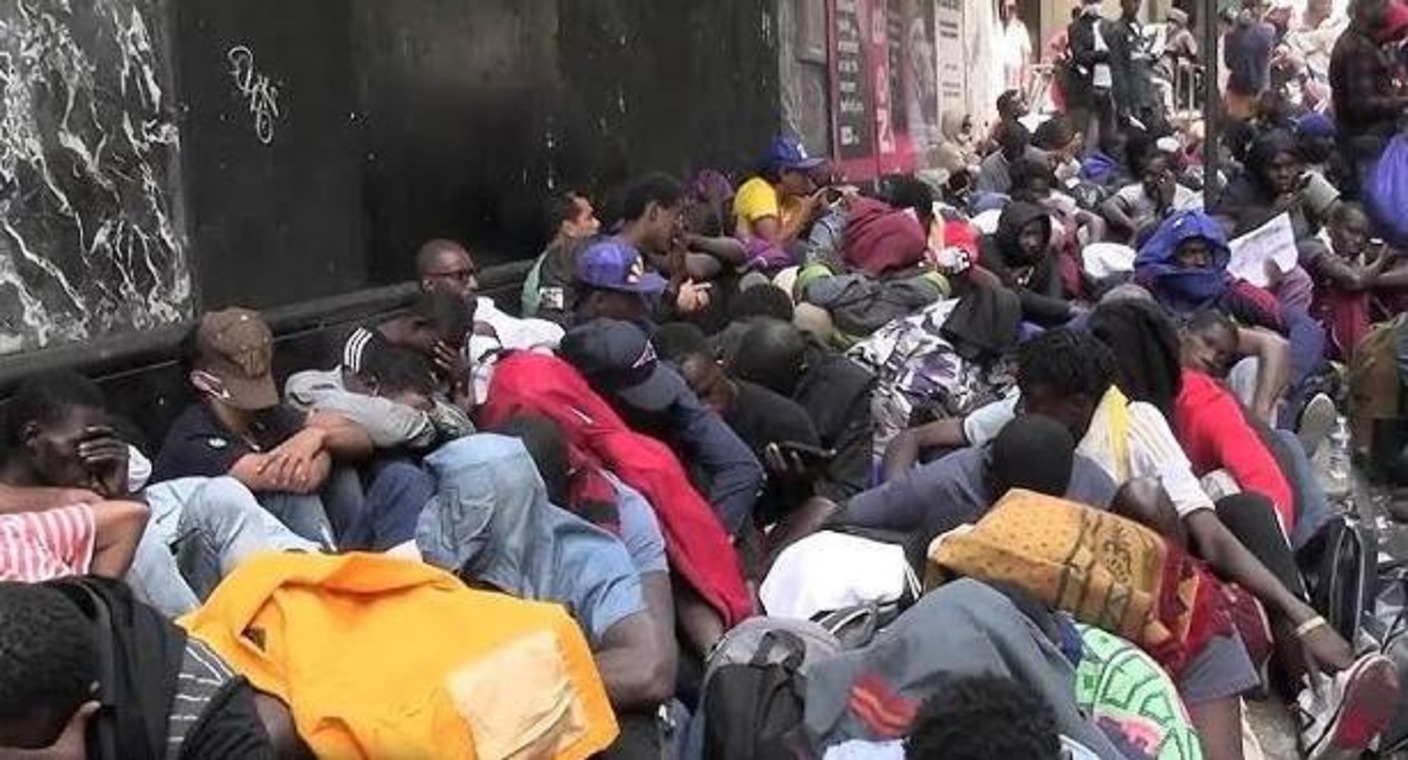
Unfortunately, despite spending over $330 million on providing basic necessities for asylum seekers, their overwhelming population makes the intervention seem like a drop in the bucket.

